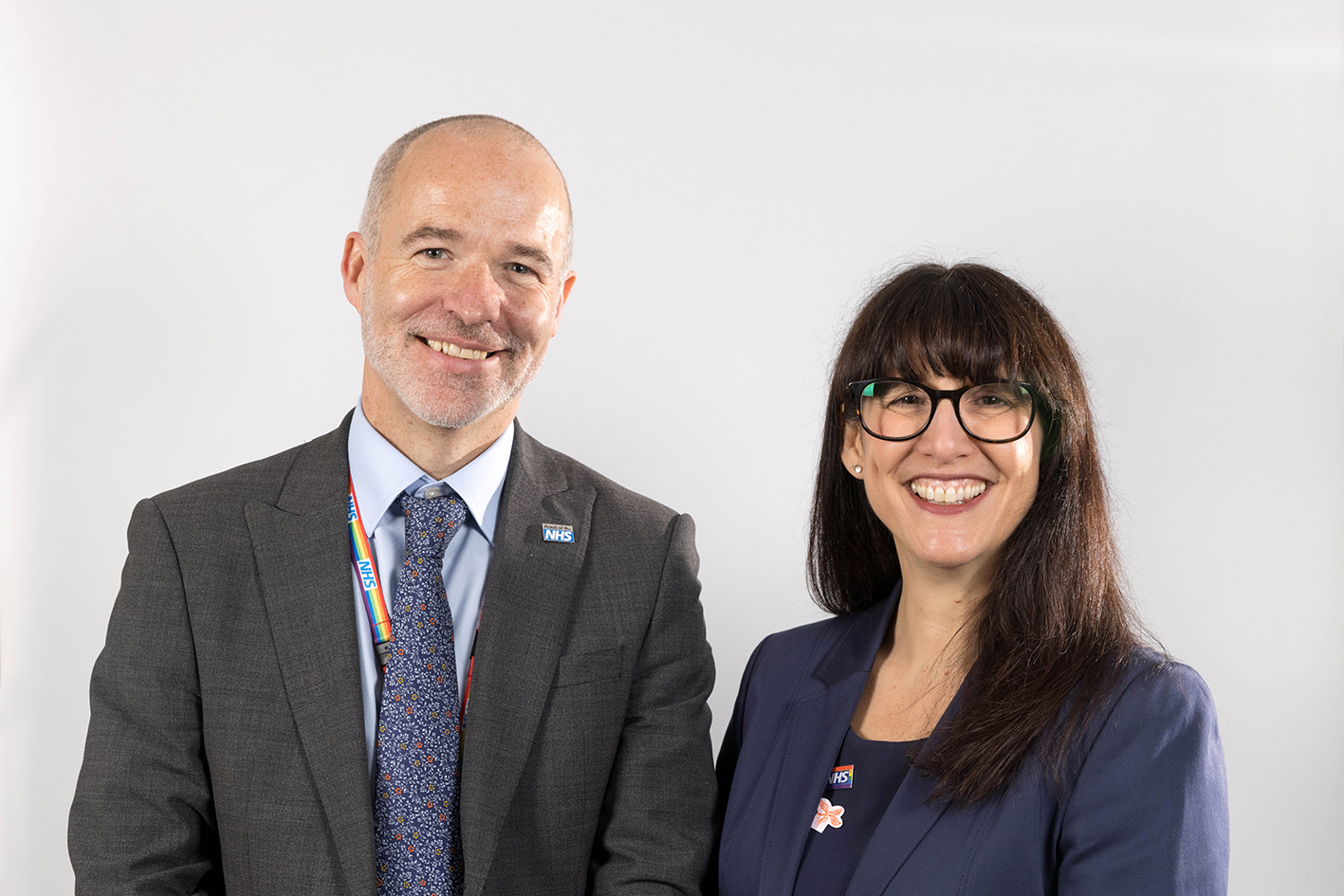Posted on: 30 November 2023
 We welcome the proposal to raise the age of sale for tobacco products, to reduce and eventually eradicate youth vaping, and to provide new powers and additional funding for local authorities to use system wide in England and Wales for enhanced enforcement.
We welcome the proposal to raise the age of sale for tobacco products, to reduce and eventually eradicate youth vaping, and to provide new powers and additional funding for local authorities to use system wide in England and Wales for enhanced enforcement.
Smoking is an addiction, with most people starting as teenagers and becoming addicted, rather than having made an informed adult choice (with 4 in 5 starting before the age of 20). 70% of people who try smoking go on to be daily smokers. The harms caused by smoking are substantial. Not only is tobacco a uniquely lethal product that kills up to two in three long term users when used as intended, it places a significant burden on health, social care, and the wider economy, damaging productivity through early disease and death.
 In West Yorkshire, there are around 252,000 adults who smoke, around 13.1% prevalence, which is higher than the national average. Smoking is a key driver of health inequalities and is responsible for half of the difference in healthy life expectancy between the least and most deprived areas in West Yorkshire.
In West Yorkshire, there are around 252,000 adults who smoke, around 13.1% prevalence, which is higher than the national average. Smoking is a key driver of health inequalities and is responsible for half of the difference in healthy life expectancy between the least and most deprived areas in West Yorkshire.
Smoking causes 16 types of cancer, heart disease, chronic obstructive pulmonary disease (COPD), stroke and a myriad of other health harms. There are at least 19,000 hospital admissions, and 8,900 deaths every year due to smoking in West Yorkshire alone.
Smokers are two and half times more likely to need social care and, on average, this care is needed 10 years earlier than non-smokers. Smoking can also increase social isolation and loneliness, according to recent research published in The Lancet.
 Smoking also undermines prosperity, and there are around 10,000 people in West Yorkshire out of work due to smoking.
Smoking also undermines prosperity, and there are around 10,000 people in West Yorkshire out of work due to smoking.
Smoking costs West Yorkshire approximately £660m per year.[1]
Reducing rates of smoking in West Yorkshire supports many of our big ambitions, and could:
- Increase the years of life that people live in good health in West Yorkshire
- Reduce social isolation and loneliness, which could contribute to a reduction in suicide rates
- Reduce stillbirths and neonatal deaths
- Reduce the gap in life expectancy between people with mental health conditions, learning disabilities or autism and the rest of the population
- Support efforts to reduce climate change by reducing waste associated with smoking
- Strengthen our local economy by preventing more people becoming unable to work through smoking related ill health.
Raising the age of sale for tobacco products
We are confident that raising the age of sale of tobacco products will delay smoking uptake and reduce the number of young people who start smoking in the first place. Raising the age of sale has been successful previously, both in England in 2007 (age of sale raised from 16 to 18), and in the United States (age of sale raised from 18 to 21). Mandatory age verification for tobacco sales would aid enforcement. There is substantial public and professional support for raising the age of sale.
We believe that all action possible should be taken to ensure that the legislation introduced is robust and comprehensive. The tobacco industry has previously found ways to subvert laws that are not comprehensive.
Tobacco enforcement
We welcome the commitment from the government to increase funding for tobacco enforcement, recognising the crucial role of our regulatory partners in the journey towards creating a smokefree generation. In West Yorkshire, we are proud of West Yorkshire Trading Standards, the only countywide trading standards service in England. We are pleased that there will be a refreshed national illicit tobacco strategy and as such, it will be vital that this funding for enforcement is sustained to support the implementation of regulations.
Reducing and eventually eradicating youth vaping
Evidence shows that vaping poses a small fraction of the risks of smoking, but that vaping is not completely risk-free, particularly for people who have never smoked.
Those who don’t smoke shouldn’t vape. Teen vaping increased significantly following the growth in popularity of single use vapes. Vaping is not for children; we need to reduce the number of young people accessing vape products. Despite this need, children are increasingly exposed to e-cigarettes on display in shops. There has been a rise in availability of child appealing novelty and toy shaped vapes, for example vapes shaped like milkshakes and other drinks, use of bright colours and attractive imagery, cartoon characters in branding, and creative names for vape flavours like ‘berry blast’. To reduce teen vaping, and move towards eradication, the way that vape flavours are described should be restricted by new legislation. Packaging that could be appealing to children should be regulated by removing all attractive imagery, labelling, descriptors and colours. The shape and form of vapes should also be standardised to prevent novelty shapes that are appealing to children.
In summary, NHS West Yorkshire Health and Care Partnership welcomes the proposal to raise the age of sale for tobacco products, as well as to reduce and eradicate youth vaping.
We know that this would support our mission to reduce health inequalities and support our ten big ambitions. We also encourage the provision of new powers and additional funding for local authorities to use system wide in England and Wales for enhanced enforcement.
Thank you for taking the time to read this important letter which impacts on the health and care of the 2.4million people living across West Yorkshire.
Yours sincerely,
Cathy Elliott, Chair of NHS West Yorkshire Integrated Care Board
Cllr Tim Swift MBE, Chair of West Yorkshire Health and Care Partnership
Dr James Thomas, Medical Director for NHS West Yorkshire Integrated Care Board and Chair of West Yorkshire Clinical Care Professional Forum
Rob Webster CBE, CEO of NHS West Yorkshire Integrated Care Board and CEO Lead for West Yorkshire Health and Care Partnership
Rachel Spencer-Henshall, Public Health Director Lead for West Yorkshire Health and Care Partnership
[1] Data from: APS 2022; 2021 population estimates; OHID, tobacco control profiles, 2023; ASH, Economic and Inequalities Dashboard, 2022; Map data © 2023 GeoBasis-DE/BKG (© 2009)

